Musica Fiata - Carissimi: Oratorios (2005)
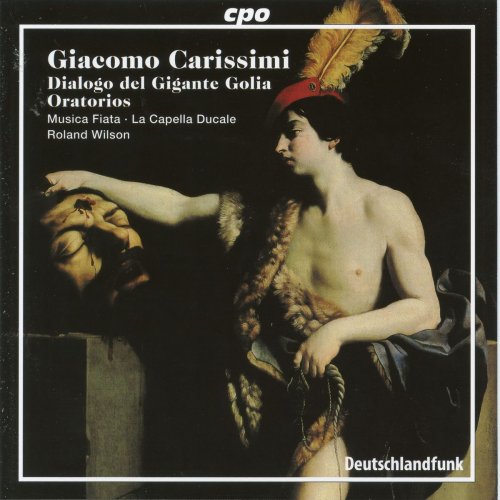
Artist: Musica Fiata
Title: Carissimi: Oratorios
Year Of Release: 2005
Label: CPO
Genre: Classical
Quality: FLAC (tracks)
Total Time: 78:08 min
Total Size: 349 MB
WebSite: Album Preview
Tracklist:Title: Carissimi: Oratorios
Year Of Release: 2005
Label: CPO
Genre: Classical
Quality: FLAC (tracks)
Total Time: 78:08 min
Total Size: 349 MB
WebSite: Album Preview
1. Regina Hester, oratorio for 2 sopranos, bass & continuo
2. Dialogo del Gigante Golia, oratorio for soprano, bass & continuo
3. Interfecto Sisara, oratorio for 6 voices, 2 violins & continuo
4. Diluvium universale, oratorio for 2 sopranos, double chorus, 2 violins & continuo
The performers' biography on this CD brags of the "intensive study of performance-practice sources, playing techniques, and original instruments of the period" that has gone into Musica Fiata's search for an authentic sound. Too bad, then, that this close study of the trees has led to an obscured view of the forest. The sources that director Roland Wilson refers to in his liner notes indicate that Carissimi's seventeenth century oratorios were performed by groups of six to 20 singers. True, the seven singers used here are within the bottom of that range. But another source speaks of separating the instruments into different groups to increase "the grandiosity of the pomp," and of constructing platforms to accommodate the "great number of singers" who performed oratorios in Rome around the time Carissimi was active. Doesn't it seem, then, that those chapel masters who had only six singers might have wished they had more?
This album presents four works by Carissimi, for chorus, soloists, small orchestra, and continuo, all between 10 and just over 25 minutes long. They have various genre designations -- the terms "oratorio," "dialogue," "historia," and "motet" -- were fluidly used for a while. But all are small examples of the oratorio type; they set dramatic episodes from the Bible, with dialogue, but without any action or staging. Drama is of their essence! One is about David and Goliath, with a fearful populace trembling and fleeing before the giant's advance. Another is about the great flood, with a dialogue between Noah and God. Yet all the contrasts between chorus and soloists are lost in this wan, madrigalian interpretation. The vocalists of La Capella Ducale are moderately committed to what they're singing about, but for all the scholarship on display here, the music is singularly unsuited to the forces deployed. A little more grandiosity and a great deal more pomp were both in order. None of this music has been recorded before; here's hoping that other performers will come along and try to do better.
This album presents four works by Carissimi, for chorus, soloists, small orchestra, and continuo, all between 10 and just over 25 minutes long. They have various genre designations -- the terms "oratorio," "dialogue," "historia," and "motet" -- were fluidly used for a while. But all are small examples of the oratorio type; they set dramatic episodes from the Bible, with dialogue, but without any action or staging. Drama is of their essence! One is about David and Goliath, with a fearful populace trembling and fleeing before the giant's advance. Another is about the great flood, with a dialogue between Noah and God. Yet all the contrasts between chorus and soloists are lost in this wan, madrigalian interpretation. The vocalists of La Capella Ducale are moderately committed to what they're singing about, but for all the scholarship on display here, the music is singularly unsuited to the forces deployed. A little more grandiosity and a great deal more pomp were both in order. None of this music has been recorded before; here's hoping that other performers will come along and try to do better.
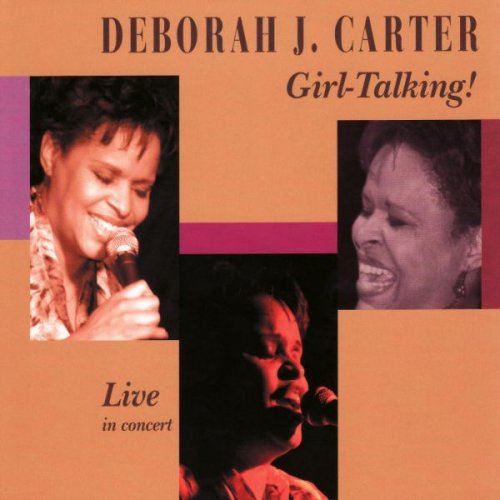
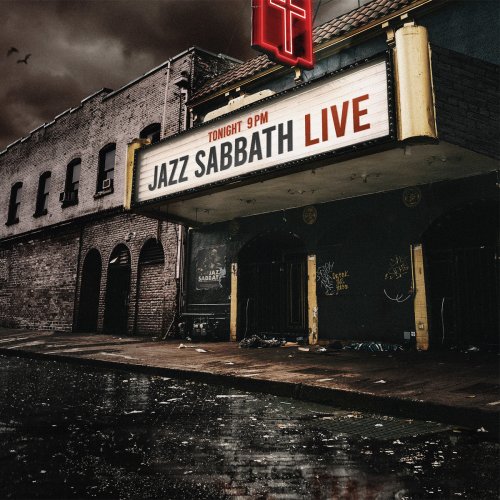

![Mantovani & His Orchestra - The Greatest Gift Is Love (1975/2026) [Hi-Res] Mantovani & His Orchestra - The Greatest Gift Is Love (1975/2026) [Hi-Res]](https://www.dibpic.com/uploads/posts/2026-02/1771524770_cover.jpg)
![Æthenor - Hazel (2016) [Hi-Res] Æthenor - Hazel (2016) [Hi-Res]](https://img.israbox.com/img/2026-02/21/u8vm4dsf9wrvmhpl4zso2e791.jpg)

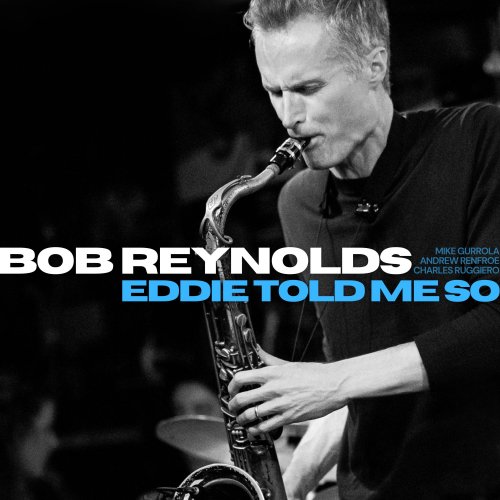
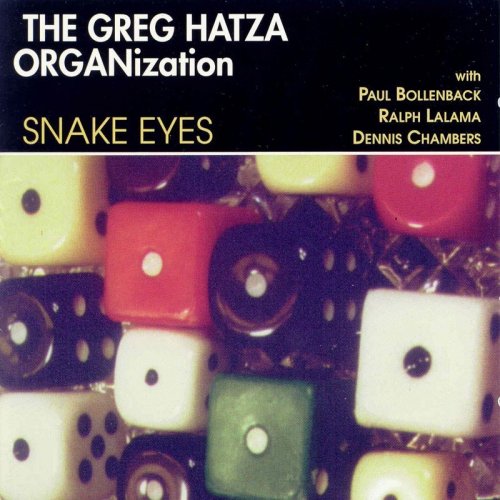
![Dave Slonaker Big Band - Shifty Paradigms (2026) [Hi-Res] Dave Slonaker Big Band - Shifty Paradigms (2026) [Hi-Res]](https://www.dibpic.com/uploads/posts/2026-02/1771506144_eu5h6bbhmvwxe_600.jpg)